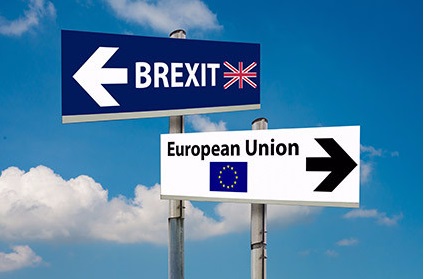Plastic Petrochemicals recycling bioeconomy 17-10-2018 - Arhive
-China – Polyethylene Terephthalate and the prices its chain are decreasing.
PET Bottle grade export 1,230/1,270 $/ton – PET Bottle grade domestic market 9,750/9,850 yuan/ton – PET Filament grade SD domestic market 9,650/9,800 yuan/ton – PET Filament grade BR domestic market 9,600/9,750 yuan/ton
PTA Taiwan 990/1,000 $/ton – PTA domestic market 7,400/7,550 yuan/ton – MEG $ 845/855 $/ton – MEG domestic market 7,000/7,150 yuan/ton – PX Korea 1,275/1,285 $/ton
POY 150D/48F domestic market 11,050/11,200 yuan/ton – DTY 150D/48F domestic market 12,650/12,750 yuan/ton – PSF domestic market 10,600/10,700 yuan/ton

-Communication from the Commission to the European
Parliament, the Council, the European Economic and Social
Committee and the Committee of the Regions
A European Strategy for Plastics in a Circular Economy
1. INTRODUCTION
Plastic is an important and ubiquitous material in our economy and daily lives.
It has multiple functions that help tackle a number of the challenges facing our society. Light and innovative materials in cars or planes save fuel and cut CO2 emissions.
High-performance insulation materials help us save on energy bills.
In packaging, plastics help ensure food safety and reduce food waste. Combined with 3D printing, bio-compatible plastic materials can save human lives by enabling medical innovation.
However, too often the way plastics are currently produced, used and discarded fails to capture the economic benefits of a more ‘circular’ approach and harms the environment.
There is an urgent need to tackle the environmental problems that today cast a long shadow over the production, use and consumption of plastics.
The million tonnes of plastic litter that end up in the oceans every year are one of their most visible and alarming signs of these problems, causing growing public concern.
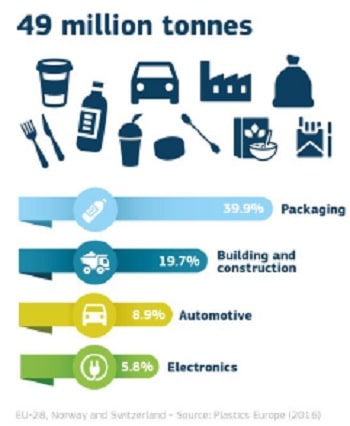
-Mexico and Brazil’s Crude Politics
A potential return to resource nationalism could set both countries back.
Until this year, resource nationalism—when a government asserts its control over a country’s natural resources—seemed to be on the wane in Latin America. With oil prices low, state oil companies were struggling, and market-friendly governments had started opening their energy industries to private investment.
In the coming months, though, the region’s two largest economies may both have new leaders who came to power on promises of a return to the old days. In Mexico, President-elect Andrés Manuel López Obrador’s vow to restore Mexico’s state energy companies to their glory days and his emphasis on energy independence from the United States were central to his campaign. Similarly, Brazilian presidential candidate Fernando Haddad (who is polling well behind his rival, Jair Bolsonaro, but could still eke out a win later this month) wants to reassert state oil and power companies’ dominant positions in Brazilian energy markets. Both López Obrador and Haddad have argued that the current Mexican and Brazilian governments, in trying to open energy sectors to private investment, have effectively handed over state assets to foreign companies.
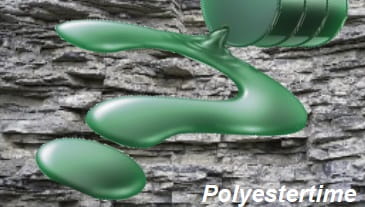
-Crude Oil Prices Trend

MEGlobal, the world leader in the production of monoethylene glycol (MEG) and diethylene glycol (DG), set the November MEG contract price for Asia at USD1,100 per tonne, which is USD20 per tonne lower than in October, an ICIS source said in company.
The price was named on the terms of delivery CFR Asia.MEGlobal November contract price MEG Asia
MEG prices were under downward pressure from the downstream market for polyester, as factories in this market reduced output in October after sales fell.
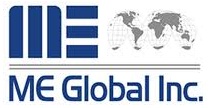
-PET, PE central to packaging industry growth
The packaging industry in North America is set for robust growth over the next decade, with polyethylene terephthalate (PET) and polyethylene (PE) among the materials expected to drive that growth, according to participants at PACK EXPO International.
The beverage industry is projected to grow by 4.5% to $45.5bn through 2028, according to the 2018 Beverage Trends report presented by PMMI, The Association for Packaging and Processing Technologies, which is the host of the trade show.
Plastic accounts for 45% of material used in beverage packaging in 2018—a figure that is expected to grow to 55% in 2028, according to PMMI’s report respondents.
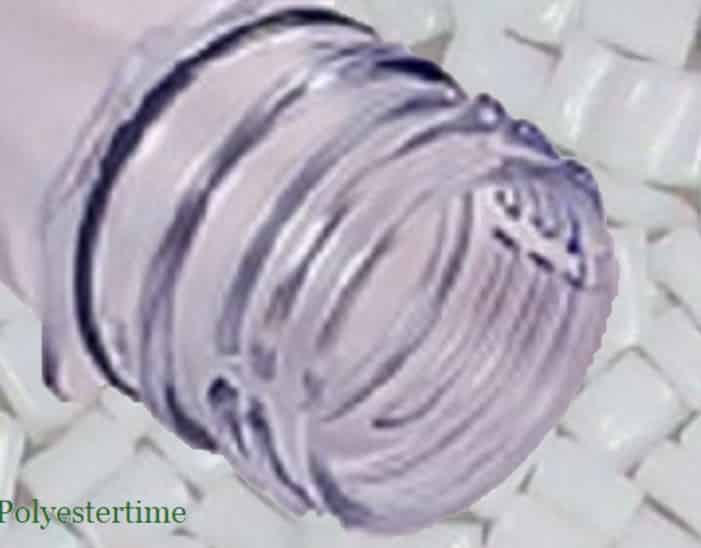
-Asia petrochemicals outlook, w/c Oct 15
Singapore — A weakening yuan against the US dollar is expected to result in thin demand from China in some petrochemical markets this week, although propylene and methanol prices are expected to remain firm amid tight supply.
OLEFINS
The Asian butadiene market is expected to soften further this week as Asian buyers remain sufficiently stocked for November laycan spot cargoes. Keen interest in spot procurement was seen last week from buyers in China as an arbitrage window opened that made imports cheaper than domestic material.

-Americas petrochemicals outlook, w/c Oct 15
US OLEFINS
US market participants will continue to monitor feedstock ethane and propane market this week, which have given direction to the downstream ethylene and propylene markets.
US ethylene prices continued to move lower last week, staying below the 20 cents/gal level. Ethylene followed direction from ethane, which fell below the 40 cents/gal level last week for the first time since August 24 before rebounding on Friday.
However, sources have said they expect ethylene to remain long. Chevron Phillips’s Port Arthur, Texas, facility, is still on a 60-day turnaround, while Dow’s LHC No. 8 unit remains at reduced rates.
Meanwhile, US propylene spot levels remain under downward pressure against weaker feedstock propane markets and an expected improvement in production.
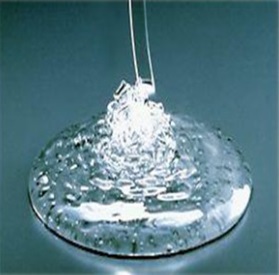
-SGL Carbon presents solutions for automotive applications
In the coming days, SGL Carbon will be presenting material solutions and latest trends in the field of composite materials, as well as graphite-based components for different applications in the automotive industry, at a trade fair tour.
The fair programme includes Fakuma, the international trade fair for plastics processing, in Friedrichshafen, the International Suppliers Fair (IZB) in Wolfsburg and the HärtereiKongress (Heat Treatment Congress) in Cologne. All three events will take place this week.
Lightweight construction
In the field of lightweight construction with composite materials, SGL Carbon demonstrates reinforced thermoplastic profiles from a mixture of Sigrafil 50k carbon fibres and Polyamid matrix, which are suited for use in the automotive industry. One example are structural components in skeleton construction consisting of continuous, local fibre reinforcement and injection moulding.
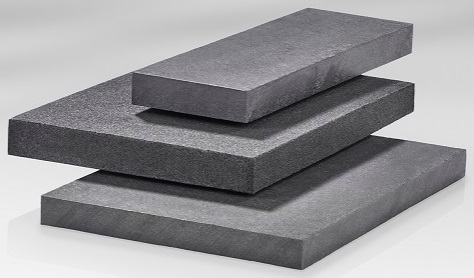
-The UK’s green discoveries: plastic-eating enzymes and seawater biofuels
Researchers across the UK are working hard to prevent further climate breakdown. Here are their latest findings
An international team is working on an enzyme that can digest polyethylene terephthalate, a common plastic often found in bottles.
An international team is working on an enzyme that can digest polyethylene terephthalate, a common plastic often found in bottles. Photograph: David Jones/University of Portsmouth
We don’t have long to get our act together on climate change, according to a UN report released earlier this month. In the next 12 years, we need to reverse the trend of Earth’s increasing temperature or face drought, floods and extreme heat – and devastating knock-on effects felt by all life on the planet.
But what can we do? And can we do it quickly enough? Researchers in universities across the UK are working on answers to these huge questions. Here are some of their most exciting recent sustainability findings.
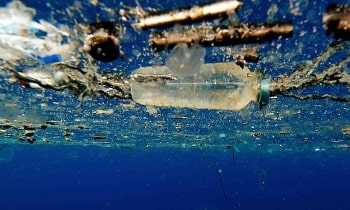
-Kordsa joins EU-funded sustainability project
The mGlobal tire, construction reinforcement and composite technology company, Kordsa (Istanbul, Turkey) has joined a new project known as PolynSPIRE under the European Union’s R&D and Innovation Program Horizon 2020.
The main objective of PolynSPIRE is to demonstrate a set of innovative, cost-effective and sustainable solutions for efficient recycling of plastics and thermoset resins.ain objective of the program is to demonstrate a set of innovative, cost-effective and sustainable solutions for efficient recycling of plastics and thermoset resins.
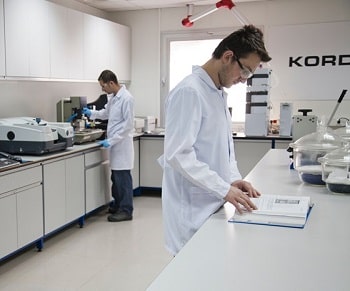
-Focus on flexible packaging and sustainability
ProAmpac premiers its ProActive Sustainability brand mark at PACK EXPO International to reinforce its commitment to environmental stewardship.
The PepsiCo Mexico Foods for Doritos Icognita E-Z SnackPak™ pouch was on display at
ProAmpac’s S-3386 booth at PACK EXPO International. The novel four-sided, tetrahedron-shaped pouch won a Gold Award from The Dow Chemical Co., and a 2018 Star Pack and Packaging Award from The Mexican Assn. of Packaging.
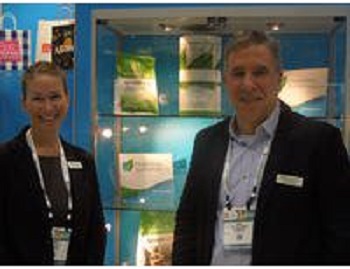
-FET declares Cinte Techtextil China success
FET, a leading supplier of state-of-the-art process technology and equipment for the man-made yarns and fibre extrusion industry, enjoyed a successful attendance at last month’s Cinte Techtextil China exhibition in Shanghai.
Sharing an extended stand with its agent and partner Chemtax Industrial, FET cemented its place as a leader in the field of melt spinning technology, securing new fibre extrusion systems, as well as upgrades for existing clients with a combined potential value of more than US$ 2 million, the company reports.
Once again, the focal point of the stand was the FET-100 Series multi-functional laboratory and pilot melt spinning system. © FET
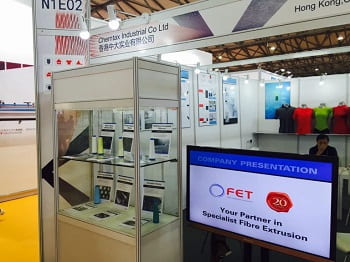
-Petrochemicals unit pushes Mexico’s Alfa to profit
Mexican conglomerate Alfa on Monday reported a third-quarter net profit compared to a loss in the year-earlier quarter, helped by stronger margins in its Alpek petrochemicals unit.
Alfa, which also has food packaging and car parts businesses, posted net profit of 1.36 billion pesos ($73 million).
Alpek helped boost overall results due to higher polyester margins, oil prices, and the acquisition of Brazil’s Petroquimica Suape and Citepe.
Revenue for the quarter rose 23 percent to 93.94 billion pesos.
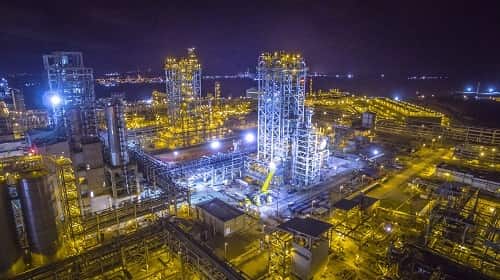
-Technology Days on trends in automotive
Full house in Bensheim: The Technology Days organised by Synventive brought tool and mould makers together with experts in surface technology.
Full house in Bensheim: The Technology Days organised by Synventive brought tool and mould makers together with experts in surface technology. (Source: Stahl/ETMM)
On 7 September 2018, hot runner specialist Synventive invited injections moulders and mould makers to Bensheim, Germany, for the 20th Bensheim Technology Days. This year’s edition of the annual event was held under the motto of “Trends in Automotive – Increased requirements in injection moulding with regard to surface finish and functionality of new part concepts”.
Seven presentations were held by experts on different aspects related to automotive design and functionality.
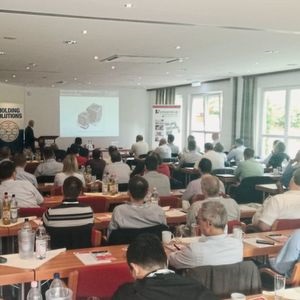
-Are U.S. Oil Exports Really Unstoppable?
Earlier this year, when U.S. crude oil exports hit a record 2.2 million bpd, the figure was hailed as the beginning of a new era that could eventually see the world’s top consumer—and top producer for this year so far— export up to 4 million bpd.
Some believe that nothing short of a sharp price spike can interfere with the bright future of U.S. light crude. Indeed, if fundamentals were the only factor at play, that would be the case. Alas, there are more factors that can affect the future of the United States as a major oil exporter.

-Unpacking The Plastic Dilemma
Plastic is ubiquitous. Due to its low cost, versatility, durability and high strength-weight ratio, plastic is most commonly used in packaging – currently 26% of the total volume of all plastics used.
Plastic protects vulnerable products and preserves our food, but packaging is largely single-use, and after its intended useful life of typically less than a year, is discarded. Around 95% of the value of plastic (worth $80 to $120 billion annually) is lost into the environment, with 8 million tonnes leaking into oceans every year – the equivalent of dumping the contents of one rubbish truck every minute. Here, it can persist for decades, slowly breaking down into smaller and smaller fragments known as microplastics. The harmful impacts of plastics on natural systems – and even our health – are increasingly being understood and documented by scientists.
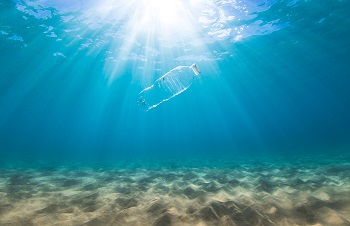
-Leading rubber master batches provider bullish on growth in China
Elastomix takes pride in its research accomplishments to provide one-stop solutions for automotive, construction, electronics, engineering, architecture and printing businesses
The principal manufacturer of rubber master batches from Japan for more than 50 years, Elastomix is poised to expand its local customer bases in the Asia-Pacific, while serving its Japanese clients across the region.
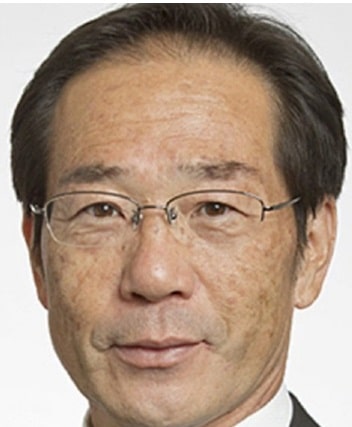
-Flexible staple fibre production made simple
Economical, flexible and compact – this is the motto with which Oerlikon Neumag will showcase the Staple FORCE S 1100 at the ITMA Asia + CITME 2018, which opened its doors to the international audience in Shanghai earlier today.
“The staple fibre system excels at two things in particular,” the company says. “It produces small batches (up to 15 tons per day) and can be swiftly reconfigured for various requirements, including polymer, dye and titer changes.
Its process control system for easy operation is absolutely unique. And all this for a modest initial investment.”
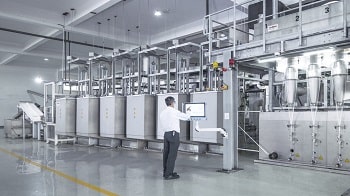
-GreenMantra builds recycled content in composite lumber
GreenMantra Technologies GreenMantra Technologies’ manufacturing facilities in Brantford, Ontario.
Recycling technology firm GreenMantra Technologies recently launched new grades of polymer additives made from recycled plastic for wood composite (WPC) lumber.
Brantford, Ontario-based GreenMantra debuted new grades of its Ceranovus-brand additives at the Deck Expo 2018 trade show on Baltimore. Ceranovus A-Series polymer additives can provide WPC makers with formulation and operational cost savings, GreenMantra officials said in a news release.
They added that since the materials are made from 100 percent recycled plastics, they increase the sustainability of a finished product.

-US October propylene contracts roll over
US October propylene contracts settled at a rollover for the majority of the market, sources confirmed, amid supply and demand fundamentals that remained balanced despite some production issues.
The October settlement keeps contract prices for polymer-grade propylene (PGP) at 60.0 cents/lb ($1,323/tonne) and for chemical-grade propylene (CGP) at 58.5 cents/lb, flat from September values.
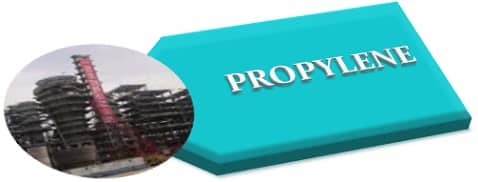
-EU chemicals bodies call for UK to stay in Reach after Brexit talks stall
EU chemicals trade group Cefic and other chemicals industry bodies have made the most public call yet for the UK to remain within the Reach chemicals regulatory system post-Brexit in a series of text and train advertisements across Brussels and the European financial press this week.
Source: CIAComing after UK Brexit secretary Dominic Raab returned early from a meeting with EU policymakers as talks stalled yet again over the issue of an Irish border, Cefic warned on the disruption that no deal on the country’s exit from the 28-country union would bring.
